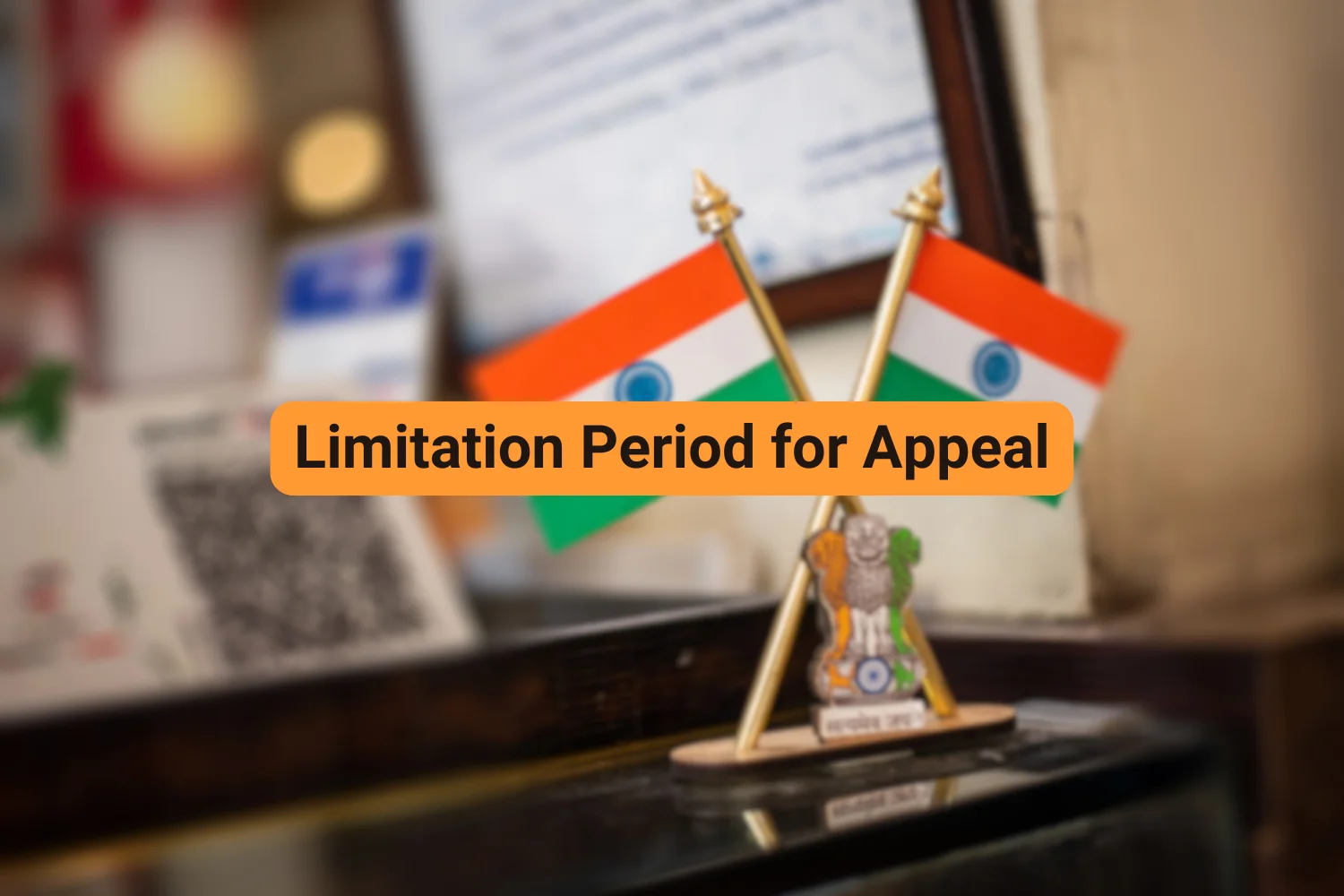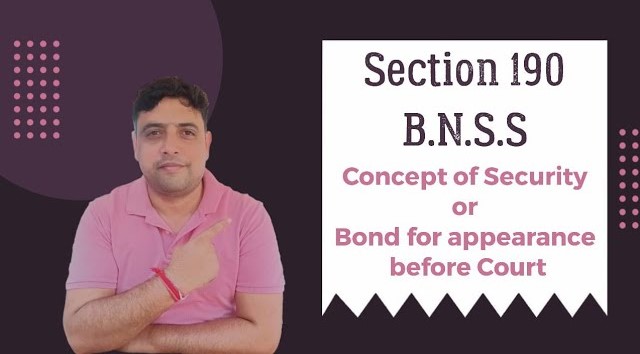DUTY OF ADVOCATE TO CLIENT
INTRODUCTION
An advocate (lawyer) should always behave in a way that is fitting for their role as a respected member of the legal community and a representative of the Court. They should remember that what may be acceptable for someone who is not a lawyer, or for a lawyer in their personal life, may still be considered unprofessional for an advocate.
An advocate's main duty is to fearlessly represent their client's interests, while also following the rules and guidelines set out below, both in letter and in spirit. These rules are meant to serve as a guide for proper conduct and etiquette, but they are not exhaustive, and advocates should be aware that there may be other important rules and principles that are not specifically mentioned.
In simpler terms, lawyers have a special role in society and should always conduct themselves in a professional and respectful manner, upholding the interests of their clients while following the rules and guidelines of their profession.
Duty to the client has been enumerated in Section II of Part VI of the of Bar Council of India rules. Rules regarding duty to the client has been mentioned under rule 11 to 33 of above part and section.
DUTY TO THE CLIENT
Generally Obliged to Accept: Lawyers are typically obligated to accept cases offered to them within their area of practice, considering a fee appropriate for their experience and the case's complexity.
Exceptions for Refusal: Special circumstances can justify refusing a case. This might include:
-
- Conflict of interest (e.g., previously representing the opposing party).
- Workload limitations preventing proper representation.
- Moral objections to the case.
- Duty to Continue Engagements:
Withdrawal Requires Justification: Once a case is accepted, a lawyer cannot simply withdraw without a valid reason and reasonable notice to the client. This protects the client from being abandoned mid-case.
Refunding Unearned Fees: Upon withdrawal, the lawyer must return any portion of the fee that hasn't been earned for work completed.
- Avoiding Conflict of Interest:
Witness and Advocate: A lawyer should not take a case if they believe they might be a witness. This is to avoid compromising their role as an advocate and ensure they can represent the client effectively.
Disclosure of Conflicts: Lawyers must disclose any potential conflicts of interest to the client. This allows the client to make an informed decision about whether to proceed with the lawyer's representation.
Transparency with Client: At the beginning of a case and throughout the process, lawyers must disclose any relevant information about their connection to the parties or the case itself. This ensures the client is aware of any potential biases or conflicts that could impact their judgment.
- Duty to Uphold Client's Interests:
Zealous Advocacy: A lawyer's primary duty is to zealously defend their client's interests within the bounds of the law and ethical guidelines. This means using all fair and honorable means available to achieve the best possible outcome for the client.
Presumption of Innocence: In criminal cases, lawyers must defend their client regardless of their personal belief in their guilt. The lawyer's loyalty lies with the law, which requires that no one be convicted without sufficient evidence.
- Duty to Conduct Prosecution (Criminal Cases):
Fairness and Objectivity: Prosecutors have a duty to present the case fairly and objectively. Their goal is to seek justice, not simply to secure a conviction. This includes avoiding tactics that could suppress evidence of the defendant's innocence.
Client Privilege: Lawyers are bound by client confidentiality, as outlined in Section 126 of the Indian Evidence Act. This means they cannot disclose anything a client tells them during the course of representation, with some exceptions:
-
- Planned crimes or serious threats of harm.
- Newly discovered evidence that could prevent a miscarriage of justice.
- Avoidance of Litigation:
Discouraging Unnecessary Lawsuits: Lawyers should not encourage or promote unnecessary lawsuits. The legal system should be used for legitimate disputes, not to create unnecessary conflict.
- Instructions from Client:
Client's Authority: Lawyers can only act on instructions from their client or their authorized agent. This ensures the lawyer is representing the client's wishes and not acting on someone else's behalf without proper authorization.
Fees Not Based on Outcome: Lawyers cannot charge a fee solely based on the outcome of the case (win or lose). This prevents a situation where the lawyer might be incentivized to prioritize winning over ethical representation.
Maintaining Professionalism: Lawyers cannot buy or sell legal claims or interests in claims. This protects against unethical practices that could exploit clients' legal problems.
Lawyers generally cannot buy property involved in a case they're working on. This prevents situations where the lawyer might use their position to gain an unfair advantage in acquiring the property. However, with the client's written consent, they can purchase the property on the client's behalf.
Conflict of Interest: Similar to property purchases, lawyers cannot bid on or acquire property involved in a case they're working on through auctions, gifts, or other means. This avoids conflicts where the lawyer's personal interests might clash with their duty to represent the client.
Maintaining Financial Integrity: Lawyers cannot offset their personal debts to a client against legal fees owed. This ensures clear separation between the lawyer's professional and personal finances.
- Client Money and Accounts:
Record Keeping: Lawyers must maintain detailed accounts of all client money entrusted to them. These accounts should show the amounts received, expenses incurred on the client's behalf, fees charged, and relevant dates.
Leftover Funds: Once a case is finished, the lawyer can use any remaining money from the client's payment or expenses to cover their agreed-upon fees (Rule 28).
Unresolved Fees: If the fee wasn't decided beforehand, the lawyer can deduct their fee based on court rules or a previous agreement from any remaining client money (Rule 29). Any leftover amount must be returned to the client.
Transparency: The lawyer must provide a copy of the client's account records upon request, with a reasonable charge for copying. This allows the client to see how their money was handled.
- Avoiding Conflicts of Interest with Money
No Commingling: Lawyers cannot mix their own funds with client money. Client funds must be kept separate to avoid any misuse or confusion.
- Loans and Switching Sides:
No Loans to Clients: Lawyers cannot lend money to their clients for the legal case they're working on (Rule 32). This prevents situations where the client's financial situation might influence the lawyer's representation.
Maintaining Neutrality: A lawyer who has advised or acted for one party in a case cannot then switch sides and represent the opposing party (Rule 33). This ensures fairness and prevents the lawyer from using confidential information from the first client to benefit the second.

















